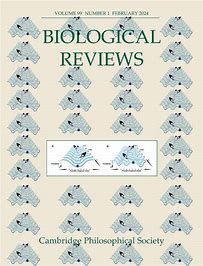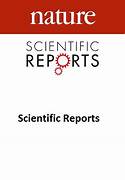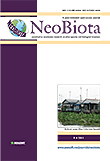- Programme area:Biodiversity in a Changing World
Excess mortality of infected ectotherms induced by warming depends on pathogen kingdom and evolutionary history

Taming the terminological tempest in invasion science
Rapid growth and the evolution of complete metamorphosis in insects
Insects undergo complete metamorphosis, rebuilding their bodies, such as the transition from caterpillar to chrysalis to butterfly. The authors wondered why this extreme lifestyle might have evolved. Combining growth data and mathematical modelling, they found that insects grow much faster if they can grow and build the adult body in two separate stages, rather than doing both continuously.
Looking beyond Popper: how philosophy can be relevant to ecology
Eco-phenotypic feedback loops differ in multistressor environments
The authors investigated how density-trait feedback loops of two ciliate species differed along a temperature and salinity gradient. They found that stressful environments decouple the density-trait feedback loop of two ciliate species.
Secchi Depth Retrieval in Oligotrophic to Eutrophic Chilean Lakes Using Open Access Satellite-Derived Products
In this study, the use of open access satellite data for estimating Secchi disk depths in 3 lakes in Chile was investigated. In the oligotrophic Lake Panguipulli, no relationship was observed between estimated and measured Secchi disk depths. This highlight the need for methodological advances in the processing of satellite-derived water quality products,s, especially for very clear waters.

Eco-Evolutionary Interactions With Multiple Evolving Species Reveal Both Antagonistic and Additive Effects
The authors investigated the ecological effects of evolution of multiple zooplankton species of their community dynamics. The study highlights that species differ in their evolution-mediated ecological effects and showcases that using the evolutionary effects on ecology of single species to predict multiple species' effects may lead to unreliable predictions.
Lake ecological restoration of vegetation removal mitigates algal blooms and alters landscape patterns of water and sediment bacteria

Exposure to Pseudomonas spp. increases Anopheles gambiae insecticide resistance in a host- dependent manner

Differential survival and feeding rates of three commonly traded gastropods across salinities
This study investigates the establishment and impact risks posed by three readily available, traded snail species – Melanoides tuberculata, Tarebia granifera and Anentome helena – by assessing their survival and feeding responses across a spectrum of salinity levels.







